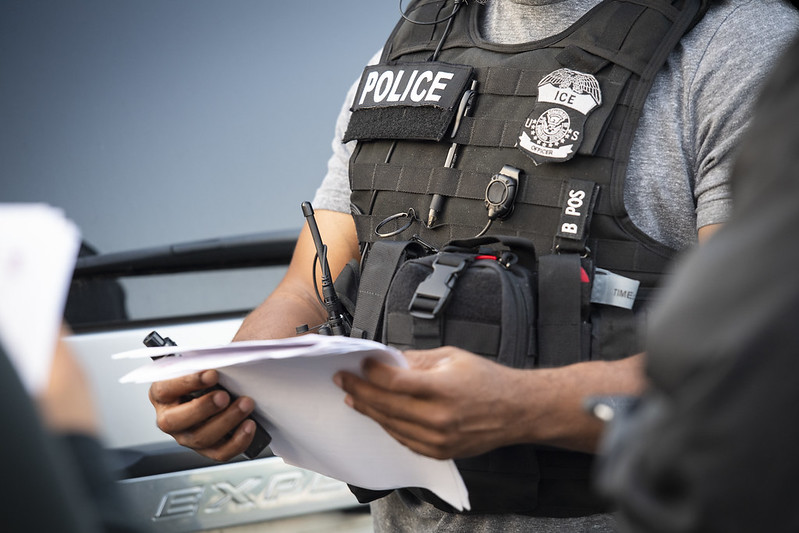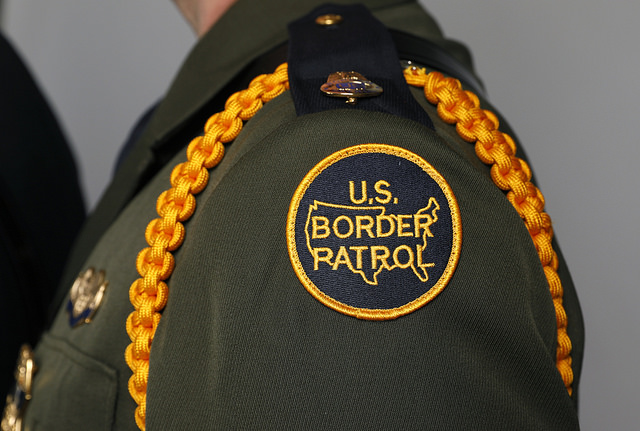Ross Parker was chief of the criminal division in the U.S. Attorney’s Office in Detroit for 8 years and worked as an AUSA for 28 in that office.

By Ross Parker
ticklethewire.com
Over the weekend NBC News and other media reported a story of the sexual assault of a 15-year-old girl in Chicago by a group of juvenile boys. The painful media “angle” of the report was that the offenders had broadcast the brutal assault to 40 Facebook viewers, none of whom had reported the crime to police.
The Chicago Police Chief stated that he was uncertain whether any of the viewers would be charged criminally. He said that he was “disgusted” by their inaction and added, “Where are we going in society?”
The incident follows another one in Chicago in which 4 people taunted and beat a mentally disabled man and broadcast the crime, also by Facebook.
The most recent Chicago case occurred 53 years, almost to the day, after the notorious rape and murder of Catherine “Kitty” Genovese in March 1964, while observers saw and heard the brutal stabbing and her cries for help. A sensationalized New York Times article, two weeks after the murder, reported that 38 people had watched the murder and did nothing about it.
The article shocked readers across the country and came to represent a widespread “truth” about apathy in the big cities, the breakdown of the values of the 1950s, and the social anxieties of the years which followed.
Many of us became familiar with the Genovese case in our Psych 101 and Sociology textbooks in college, under the title “Bystander Effect” or “Bystander Syndrome,” as the supposed tendency of large groups of people who witness crimes to refuse either to come to the aid of the victim or to call the police. Dozens of movies, TV shows, books, and songs decried the “Bad Samaritan” tendency of people who predominated in modern life.
The problem with the story and its widespread consequences was that most of the reported “facts” were not true. Fifty years later studies showed that the events had been grossly exaggerated and inaccurate in many respects, especially the overstated number of witnesses (actually probably 5 or 6, some of whom did call the police and try to help the victim). Only one man indicated that he had seen and heard the assault and “did not want to get involved.”
Ironically the case did have some positive effects, the most obvious of which was the creation of the 911 police emergency system. And there have been other developments, good and bad, which have resulted from the popular reaction to the Genovese case.
But the media and police reports about failure of witnesses to come forward and assist in investigations have continued regularly. Which raises the question, what are the legal implications of the failure of a witness to report a crime?
It’s Misprison
The deliberate concealment of a person’s knowledge of a crime by a non-participant is called misprision. It was first recognized as a common law misdemeanor in 16th Century England and over the centuries it spread to the colonies.
Eventually statutes defining misprision replaced the common law. In the federal criminal code misprision is in 18 USC Sec. 4 (Whoever with knowledge of the commission of a felony conceals it and does not as soon as possible make it known to a person of authority is punishable by a potential $250,000 fine and a maximum of 3 years in prison.)
However, the general principle is that there is no legal duty to report crimes. Mere silence does not constitute criminal concealment. Misprision requires as elements a knowing and an affirmative act of concealment of the crime.
Although misprision has been a crime in the U.S. since 1789, it continues to be misunderstood and rarely employed by prosecutors. It is often confused with the crimes of acting as an accessory after the fact and obstruction of justice, each of which focuses on giving aid to a criminal.
Commonwealth v. Lopes (Mass. 1945) illustrates some of the difficulty with the statute as well as its legal distinctions with other offenses. There the defendant failed to report the discovery of a child’s body because to do so would expose his having an affair. The conviction was reversed because the defendant’s intent was to protect his exposure from a crime (adultery) not to conceal the discovered crime. But compare the case with US v. Baumgartner (6th Cir.2014)(misprision conviction upheld where a Tennessee judge lied to prosecutors and another judge to protect one of his former criminal defendants with whom he was having an affair and receiving drugs).
There are important exceptions to the general rule that failure to report a crime (without an act of concealment) is not a crime. These have been enacted by the states in particular situations. A few states (like Texas), for example, penalize the failure to report an offense resulting in a serious injury or death. Also there are “mandatory reporters,” such as parents, teachers, doctors and ministers, who are required to report certain crimes. Vets are required in some states to report animal abuse, and photo processers must report child pornography photos or videos. Some states make it criminal for a nurse or nursing home staff not to report abuse of the elderly or disabled. Additionally, there are “mandatory reporting crimes,” the most common of which is the failure to report child abuse.
Because even these exceptions are rarely prosecuted, few courts have tested their limits. What if the witness has a recognized legal privilege not to reveal a confidence? What if reporting could have 5th Amendment implications?
What if a judge, prosecutor, or federal agent receives information of a crime in another jurisdiction by a cooperating witness? Is he or she bound to disclose the information to the appropriate authorities in view of 28 USC Sec. 1361’s compulsion for officers of the US to perform their legal duty?
As the Bystander Syndrome encounters the social media obsession in the 21st Century, the duty to report crimes to law enforcement will continue to be more of an ethical and moral issue, as well as an important public policy subject.
Rap songs and t-shirts with inscriptions like “Snitches Get Stitches” will continue to challenge law enforcement’s need for pubic cooperation in order for officers and agents to protect and serve. The use of statutes like misprision will accomplish little to satisfy this need.




